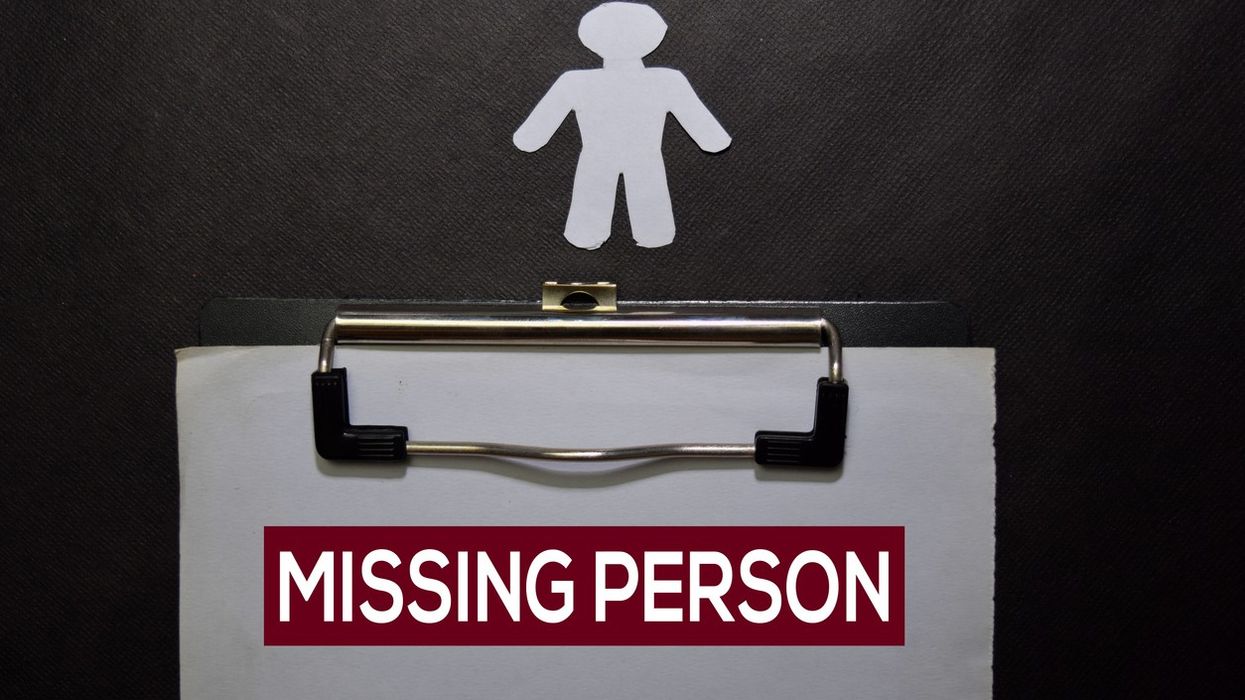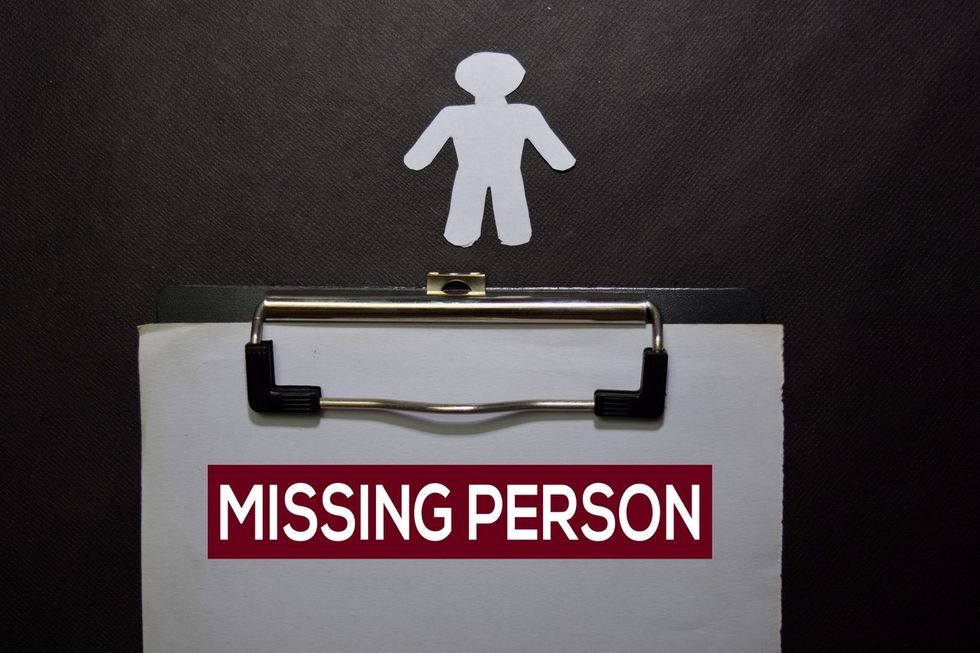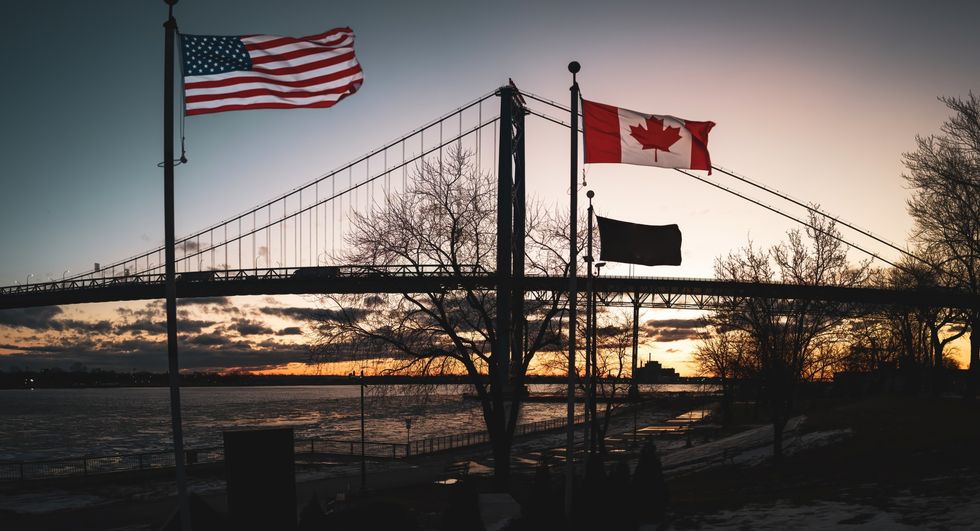THE situation of the Sikh community in Afghanistan post Taliban’s comeback has remained grim.
The caretaker of the last Sikh temple (gurdwara) in Kabul, the country’s capital, that regularly hosts open prayers, said only a few of the several devotees were left behind in the country which has plunged into darkness after the Taliban stormed back to power last August.
“Afghanistan is our country, our homeland,” the caretaker Gurnam Singh told AFP. “But we are leaving out of sheer hopelessness.”
In the 1970s, Afghanistan was home to 100,000 Sikhs but decades of unrest, poverty and intolerance saw that number plummeting as many fled into exile.
ALSO READ: Everything is finished: Afghanistan Sikh senator in India
The occupation by the troops of the erstwhile Soviet Union in the late 1970s and 1980s, the Taliban rule and the violent US-led military intervention in 2001 reduced the number of Sikhs in Afghanistan to a mere 240 last year, according to figures maintained by the community.
Not all Sikhs stranded in Afghanistan want an Indian shelter
The exodus of the community intensified further after the Taliban returned in the wake of the withdrawal of the western forces from the war-torn nation.
According to Singh’s estimates, only 140 Sikhs remained in Afghanistan – mostly in Kabul and the eastern city of Jalalabad.
The few remaining devotees from the community go to the Karte Parwan gurdwara in the Afghan capital worship and there, they warm themselves in cold conditions around stoves and listen to a recitation from the Guru Granth Sahib, the Sikh holy book, according to an AFP report.
In November, months after the Taliban’s takeover, two of the three copies of the holy book at the temple were sent to New Delhi foe “safekeeping”.
For Sikhs, the survival in Muslim-majority Afghanistan has been far from easy. They have not only faced discrimination in the country but also financial hardships and attacks from Islamic State-Khoresan, the deadly terror outfit’s Afghanistan chapter.
Most of the Sikhs from Afghanistan have fled to India, where 90 per cent of the religion’s 25 million global members reside, mainly in the northwestern state of Punjab.
The Indian government has offered exiled Sikhs priority visas and the opportunity to apply for long-term residency. However, there is yet no sign of citizenship to them.
Many Sikhs are not happy with the option of finding an alternative in India either. Manjit Singh, a 40-year-old pharmacist, for example, is among those who turned down the offer to get an Indian citizenship, despite his daughter having gone there with her new husband recently.
“What would I do in India?” he asked. “There is no job or house there.”
“When this gurdwara was built 60 years ago, the whole area was full of Sikhs,” Manmohan Singh, a 60-year-old community leader, told AFP.
“Whatever joy or sorrow we felt, we shared it here,” he said.
In October, the Sikhs living around the gurdwara in Kabul were left in fear as unidentified armed men entered the sacred space and vandalised it.
The incident was condemned as one of the worst attacks on the Afghan Sikhs.
In March 2020, members of IS-K attacked the Gurdwara Har Rai Sahib in Shor Bazar, a former enclave of the Sikh community in the Afghan capital, leaving 25 dead.
Both that gurdwara and the nearby Dharamshala Gurdwara, Kabul’s oldest Sikh house of worship aged approximately 500 years, were abandoned after the attack.
Paramjeet Kaur, whose left eye was injured during the assault, packed her bags and headed for India with her family but returned soon after as they did not find any work there and it was expensive.
The Taliban took over a few months later and now Kaur, who never goes beyond the Karte Parwan Gurdwara where she and her family comprising her husband and their three children have taken shelter, is thinking of leaving for either Canada or the United States to ensure a better future.













 NASA’s Astronaut Class 23 with Anil Menon shows patch features a fly-shaped design symbolizing the class nickname, “The Flies,” with twelve stars for each candidate. The UAE and US flags highlight international collaboration, while the astronaut figure reflects their commitment to NASA’s return to the Moon and future Mars missions. (Photo credit: @astro_anil)
NASA’s Astronaut Class 23 with Anil Menon shows patch features a fly-shaped design symbolizing the class nickname, “The Flies,” with twelve stars for each candidate. The UAE and US flags highlight international collaboration, while the astronaut figure reflects their commitment to NASA’s return to the Moon and future Mars missions. (Photo credit: @astro_anil)
